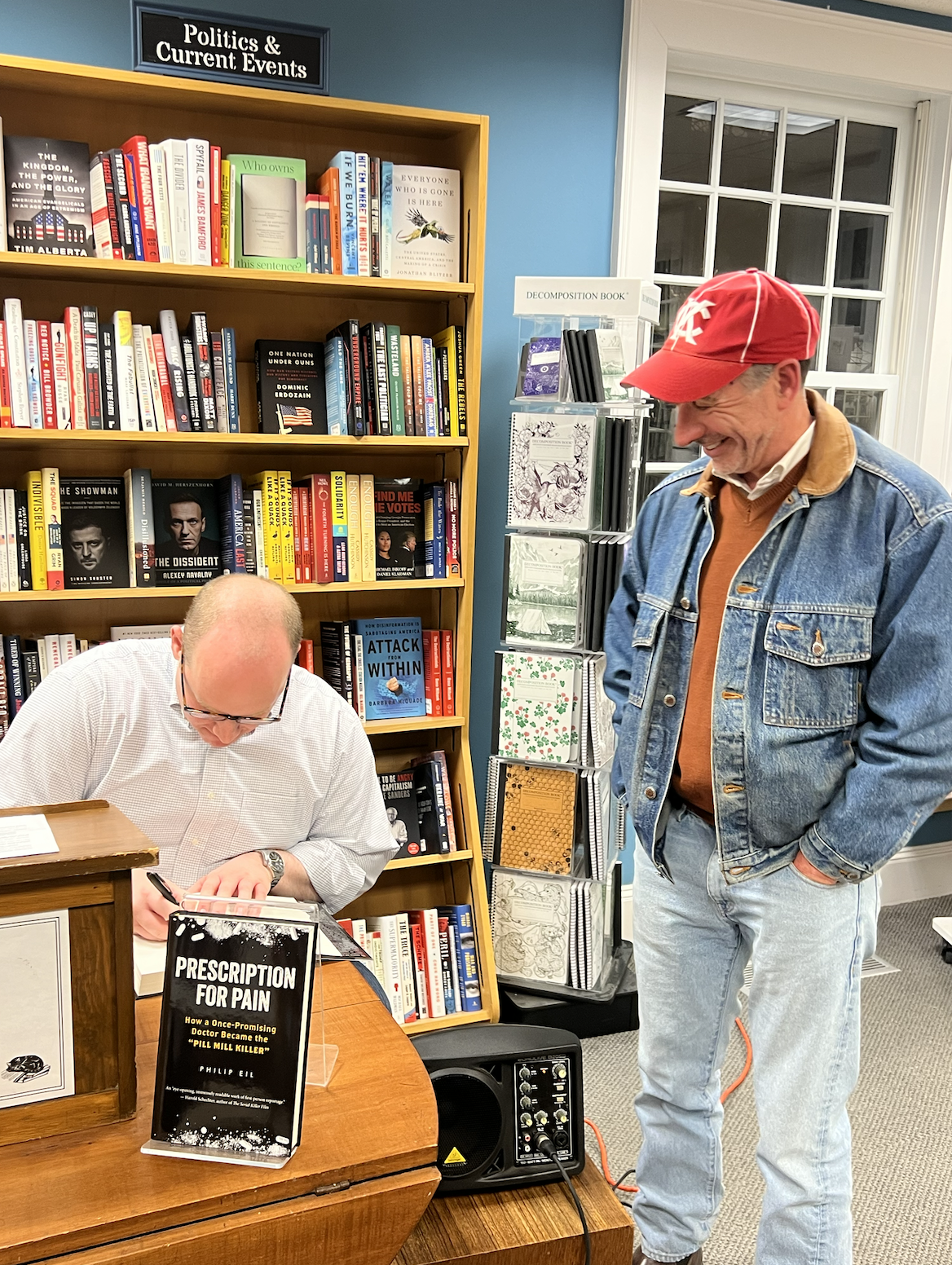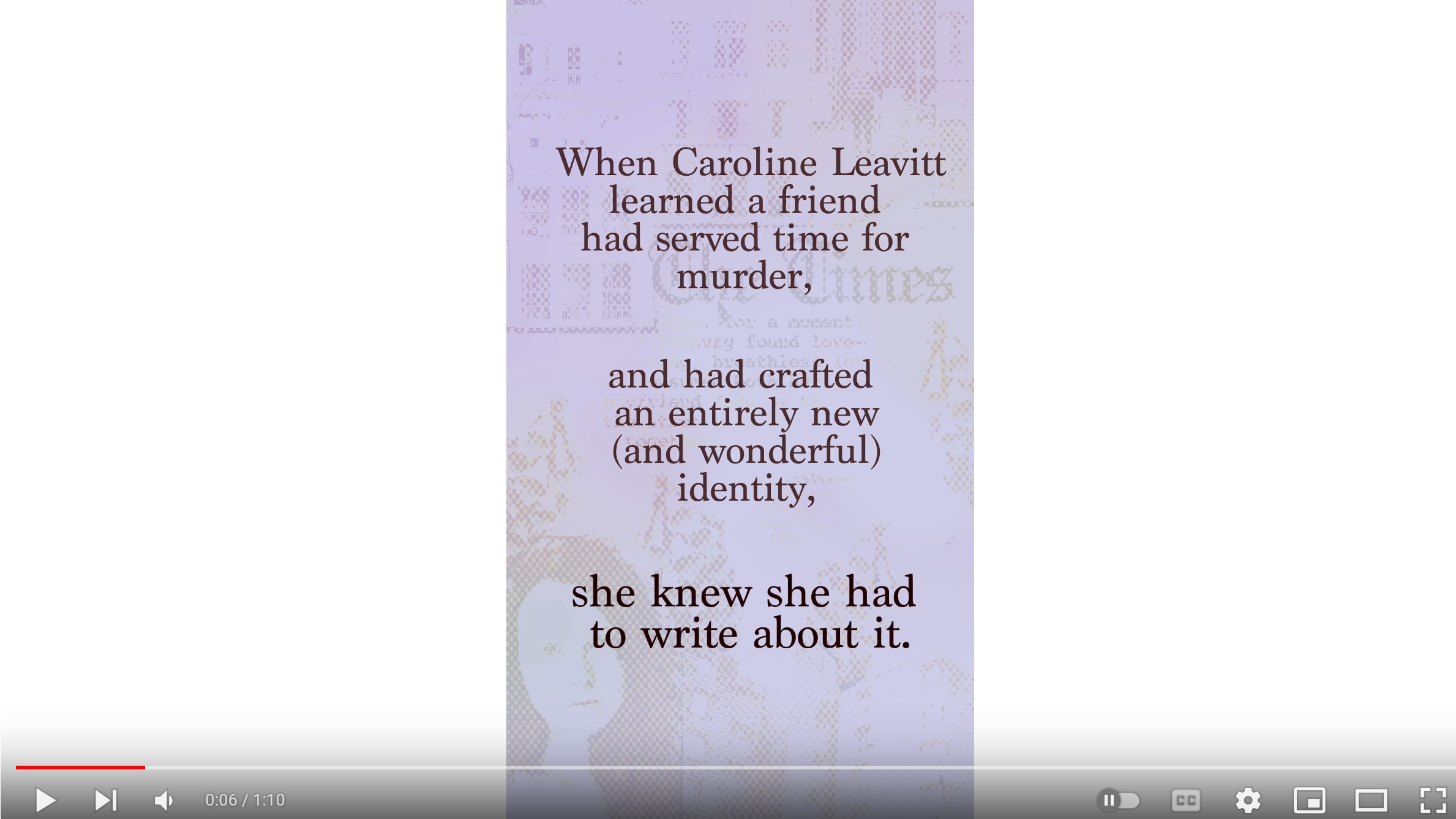Daniel C. Dennett, "one of the most widely read and debated American philosophers, whose prolific works explored consciousness, free will, religion and evolutionary biology," died April 19, the New York Times reported. He was 82. "Dennett combined a wide range of knowledge with an easy, often playful writing style to reach a lay public, avoiding the impenetrable concepts and turgid prose of many other contemporary philosophers." In addition to his more than 20 books and numerous essays, his writings were adapted for the theater and the concert stage.
Never one to avoid controversy, Dennett often crossed swords with other scholars and thinkers. An outspoken atheist, he claimed that the human mind is no more than a brain operating as a series of algorithmic functions, like a computer. To believe otherwise is "profoundly naïve and anti-scientific," he told the Times.
Dennett earned a Ph.D. in philosophy from Oxford University with a dissertation that began a lifelong quest to use empirical research as the basis of a philosophy of the mind. He taught philosophy at the University of California, Irvine, from 1965 to 1971, then moved to Tufts University, where he was director of its Center for Cognitive Studies.
He attracted widespread scholarly notice with his first book, Brainstorms: Philosophical Essays on Mind and Psychology (1978), in which he asserted that "multiple decisions resulted in a moral choice and that these prior, random deliberations contributed more to the way an individual acted than did the ultimate moral decision itself," the Times noted.
Although he claimed free will--like consciousness--was based on the outdated notion that the mind should be considered separate from the physical brain, he still asserted that free will was a necessary illusion to maintain a stable, functioning society. "We couldn't live the way we do without it," he wrote in From Bacteria to Bach and Back: The Evolution of Minds (2017).
Dennett's other works include Consciousness Explained (1991), Darwin's Dangerous Idea (1995), Kinds of Minds: Toward an Understanding of Consciousness (1996), Breaking the Spell: Religion as a Natural Phenomenon (2006), and Intuition Pumps and Other Tools for Thinking (2013).
A series of interviews with clergy from Caught in the Pulpit: Leaving Belief Behind (2013) by Dennett and colleague Linda LaScola became the basis of Marin Gazzaniga's play The Unbelieving, which was staged Off Broadway in 2022. Eight years earlier, Dennett's views on evolutionary biology and religion were the subject of Mind Out of Matter, a 75-minute-long musical composition by Scott Johnson performed in a seven-part concert at a theater in Montclair, N.J.
Dennett's lectures were often sold-out, the Washington Post wrote, adding: "Consciousness and subjective perceptions--what is called 'qualia,' the awe of a sunrise or the green of greenness--is simply the brain at work, he told audiences. To believe otherwise is 'profoundly naive and anti-scientific,' he said in a 2013 interview."
Dennett also observed: "I'm a robot, and you're a robot, but that doesn't make us any less dignified or wonderful or lovable or responsible for our actions. Why does our dignity depend on our being scientifically inexplicable?''
 Sarah Russell's idea to open a bookshop grew after she and husband, Devin Russell, moved their family to Elk River about five years ago, and regularly made trips downtown. "We love all the shops down here and the fact that we get to know the store owners," she said. "We really love the farmers market. It's such a nice place to spend time. You don't get that same feel growing up in the cities as you do here (in Elk River)."
Sarah Russell's idea to open a bookshop grew after she and husband, Devin Russell, moved their family to Elk River about five years ago, and regularly made trips downtown. "We love all the shops down here and the fact that we get to know the store owners," she said. "We really love the farmers market. It's such a nice place to spend time. You don't get that same feel growing up in the cities as you do here (in Elk River)."











 Sweden is encouraging readers to read aloud during this year's World Book Week (April 20-28) to stimulate and develop children's reading skills, EIBF's Newsflash reported.
Sweden is encouraging readers to read aloud during this year's World Book Week (April 20-28) to stimulate and develop children's reading skills, EIBF's Newsflash reported. 

 Philip Eil, author of Prescription for Pain: How a Once-Promising Doctor Became the "Pill Mill Killer", is pictured with his editor Chip Fleischer at a recent event at
Philip Eil, author of Prescription for Pain: How a Once-Promising Doctor Became the "Pill Mill Killer", is pictured with his editor Chip Fleischer at a recent event at  WORD
WORD "
" Days of Wonder: A Novel
Days of Wonder: A Novel The Lavender Scare looms over the events portrayed in Patrick Nathan's exquisite second novel, The Future Was Color, like one of those unspeakable horrors that Hollywood screenwriter George Curtis conjures to threaten the lives of ordinary, freedom-loving Americans in his cheaply made science fiction flicks. Most notable for a film called Death from Above!, George lives a meek existence in the summer of 1956, humbly tapping out new scripts in a sweltering office that he shares with two or three others, depending on who "either quit or disappeared or got blacklisted" in the stifling era of McCarthyism.
The Lavender Scare looms over the events portrayed in Patrick Nathan's exquisite second novel, The Future Was Color, like one of those unspeakable horrors that Hollywood screenwriter George Curtis conjures to threaten the lives of ordinary, freedom-loving Americans in his cheaply made science fiction flicks. Most notable for a film called Death from Above!, George lives a meek existence in the summer of 1956, humbly tapping out new scripts in a sweltering office that he shares with two or three others, depending on who "either quit or disappeared or got blacklisted" in the stifling era of McCarthyism.